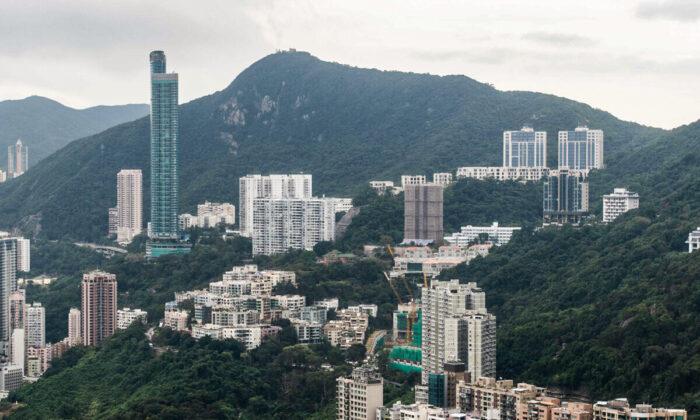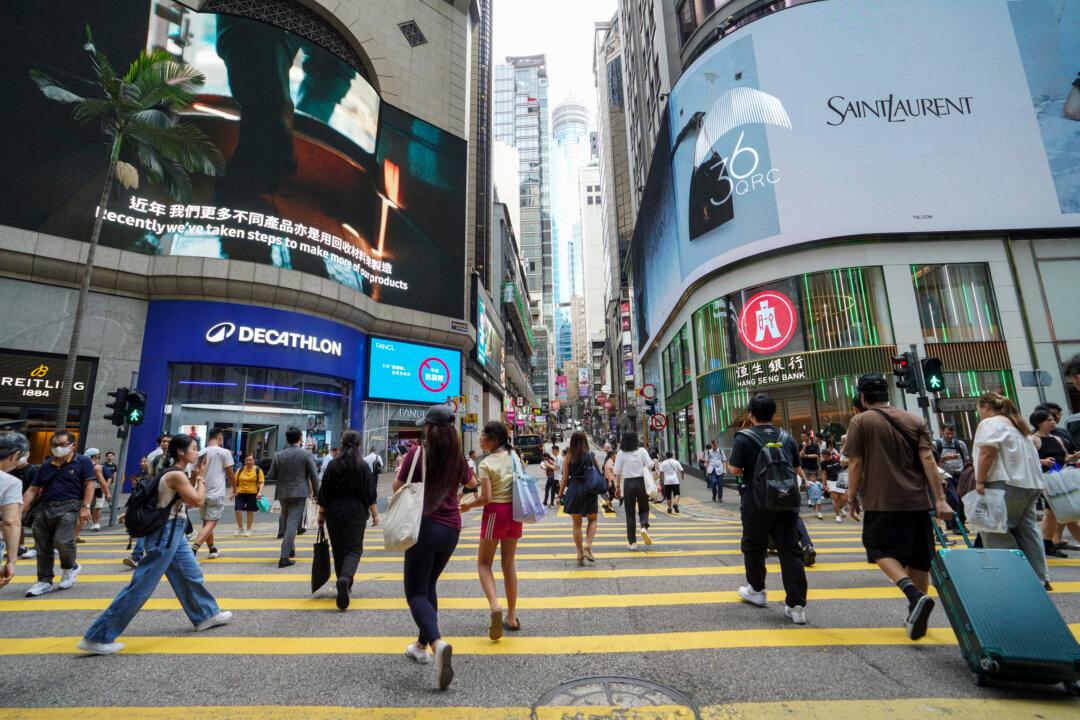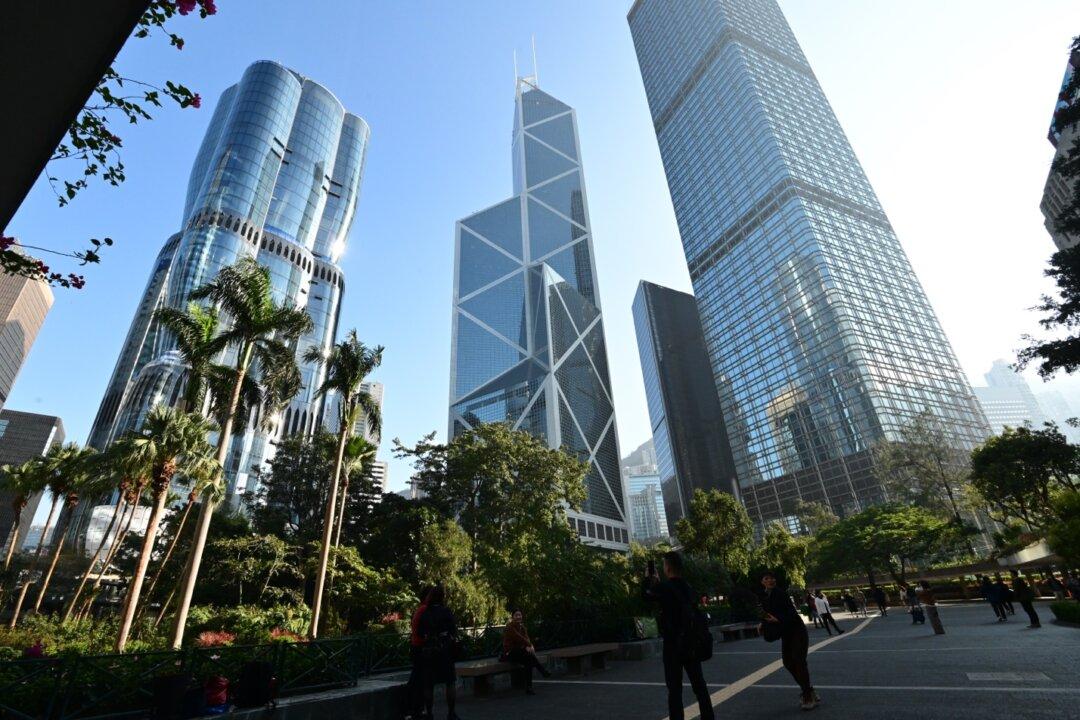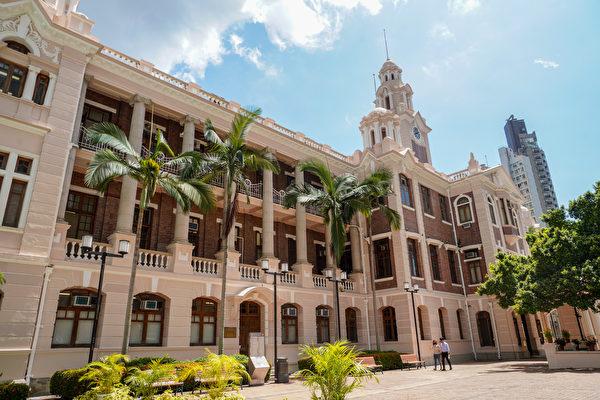The Hong Kong Stock Exchange (HKEX) is no longer in the top three global listing venues due to stringent COVID-19 measures and Beijing’s crackdown on private enterprises; analysts believe IPOs in Hong Kong are unlikely to recover in the short term.
Global equity capital market activity was at a record high in the first half of this year, Hong Kong included, ranking third with $27.6 billion in revenue. Thanks to the first six months, Hong Kong’s 2021 IPO haul still remains at the highest level through this period.
Recent IPOs in Hong Kong have either cut back their size or canceled the listing entirely, and firms that have gone public since August have all dropped from their offer prices.
“Many new IPOs from China have pushed up the equity capital raised in the Hong Kong Stock Exchange,” Hong Kong Wocom Securities Investment Manager Mike Leung told The Epoch Times. “However, since [the CCP’s] sudden regulatory overhaul toward many industries in China, the investment atmosphere has worsened, causing the Hong Kong stocks to plummet in the second half of the year.”
Stringent COVID-19 Policies Impact Business
In addition, while other countries and regions are gradually relaxing their international borders, Hong Kong has been implementing stringent anti-pandemic measures since last year. Travelers entering Hong Kong from 25 countries and regions, including the United States and the United Kingdom, must be quarantined in hotels at their own expense for 21 days, while others must be quarantined in hotels for 14 days. According to the Financial Times, the policy is expected to last into 2022—possibly until after the CCP’s “20th National Congress” in November next year—based on a Chinese government official. The authorities have not proposed any timeline for loosening the rules.“The impact of the stringent COVID measures are showing,” Leung said. “Every company has its preparation for listing. The impact on Hong Kong’s IPO last year was not very obvious. But when the stringent pandemic prevention policy lasts for more than one year, or even close to two years, the difficulty of doing business [in Hong Kong] seems to have increased greatly.”
The Asia Securities Industry and Financial Markets Association (ASIFMA) sent a letter to Hong Kong’s financial secretary Paul Chan, confronting the government on its COVID-19 policies. The letter represented 155 of the largest banks, asset managers, and professional services firms.
The group’s letter was an unusual step, which called on officials to produce a timeline for relaxing travel restrictions amid growing unease in the city’s business community as the rest of the region reopens.
“Investors are more worried and anxious about the prospects than ever since there is no clear timeline to ease the restrictions. Reducing the shares is a way to minimize risk. Many European and American investors are avoiding China’s concept stocks, for the time being, turning their sights to American or Japanese stocks,” Leung added. “Hong Kong IPOs are unlikely to recover in the short term.”





